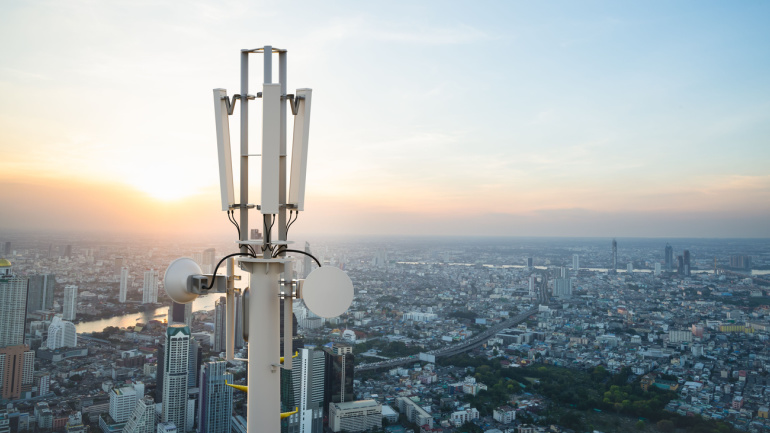Global IT spending is projected to reach an impressive $4.7 trillion by 2023, a significant portion of this being credited to the 14.5% increase in software spending. Interestingly, Gartner highlights that generative AI, despite its transformative potential, doesn’t significantly impact current IT spending. Embraced slowly via upgrades to existing systems, generative AI isn’t seen as a disruptive, but as an added benefit. Moreover, the rise in software expenditure aligns with organizations aiming for operational efficiency, often through resources like ERP and CRM applications.
Samsung’s Unpacked event next week is set to introduce two highly anticipated foldable phones, the Galaxy Z Fold 5 and Z Flip 5. These devices are expected to offer exceptional entertainment experiences, innovative camera features, but also potentially hefty price tags and the persisting issue of fragility that has been a concern for foldable phones since their inception.
Spain’s government is pumping €448 million into the upgrade of over 8,000 isolated 5G base stations, an initiative set to stimulate economic and civil activity while bridging the digital divide. Interestingly, the bulk of the funds are being allocated to lesser-known entities, including wholesale and retail fibre providers Lyntia and Avatel. The rollout is part of Spain’s broader mission of delivering ultrafast broadband coverage by 2025, concurrently ramping up public access to high-speed connections. Furthermore, a €10 million fund invites proposals for innovative 5G projects in sectors such as agriculture and connected vehicles.
The Federal Communications Commission (FCC) has announced the introduction of a new set of rules aimed at protecting consumers from scams that attempt to take control of their cell phone accounts. FCC Chair Jessica Rosenworcel stated that these rules will ensure individuals maintain their freedom to choose their preferred device and provider while safeguarding them against fraudulent activities.
Global cloud communications platform Infobip has unveiled its groundbreaking product, Experiences, a generative AI-powered journey builder that empowers businesses to engage customers, foster loyalty, and accelerate growth. This innovative no-code platform offers organizations a comprehensive library of AI-powered journey templates tailored to their unique business needs, spanning from onboarding and engagement to retention and loyalty.
Unveiling a battery and solar-powered 5G site in Texas, Ericsson demonstrates an innovative and eco-friendly approach to creating energy-smart network solutions. This next-generation site not only offers enhanced energy management, potentially trimming operational expenses and reducing energy consumption, but also hints at lucrative future revenue streams from selling excess power. As Ericsson continues to explore greener alternatives, it’s intriguing to see how telecom companies worldwide will adopt this sustainable model.
A fresh structure designed to secure EU data housed in the US has been implemented, but disputes persist surrounding the safety of EU data during transatlantic transfers. While the EU sees the potential of unwarranted surveillance by US security forces, the US finds it challenging to alleviate these suspicions. Despite concerns raised by privacy activists, notable tech powerhouses like Facebook are in favor of this framework, thinking it’ll protect essential goods and services. This leaves a potent question around the future of data protection lingering in the air.
Telecom alliance Alaian is partnering with chip manufacturer Qualcomm to empower start-ups specializing in Extended Reality (XR). The alliance, comprising of seven telecom giants along with towerco Cellnex, targets initiatives involving metaverse, virtual platforms, and various services or applications from all over the globe. Despite a lukewarm response to the metaverse and the disappearance of mixed reality from the limelight, the conglomerate remains optimistic. Future XR experiences can greatly benefit from the expertise and resources provided by co-operating with Qualcomm.
A recent survey unveils how, despite potential risks, most industries, particularly telecommunication firms are embracing generative AI’s benefits. Interestingly, even traditionally cautious sectors, like aerospace and defence show a strong inclination towards AI’s adoption. Yet, as AI integration requires extensive investment in staff skill development, emerging corporate roles like AI auditors or ethicists are anticipated.
According to Bloomberg analyst Mark Gurman, Apple has some exciting developments in the pipeline, including the potential release of an independent display and new features for the future AirPods. Gurman suggests that the upcoming monitor could serve as a smart home display when not actively used.













